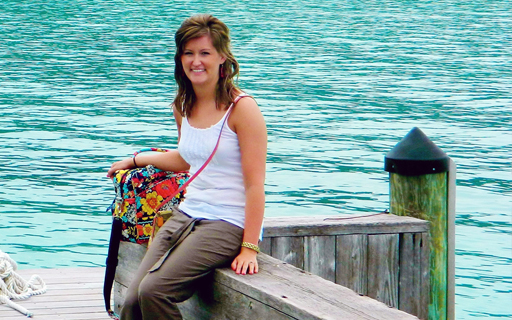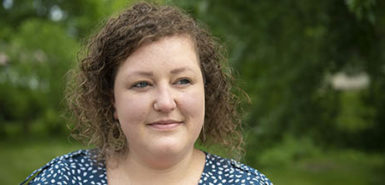
In a recent study, scientists from the U.S. National Cancer Institute found that people who drink four or more cups of coffee daily have a 20 percent lower risk of developing melanoma.
Melanoma is a potentially deadly skin cancer that struck 76,000 people and killed more than 9,000 in the United States in 2014.
The study found that people who drink one to three cups a day enjoy a 10 percent decreased risk of developing the disease.
But make sure that coffee is fully loaded with caffeine, since the results do not hold for decaf drinkers.
Researchers gathered information on coffee and caffeine consumption from more than 447,000 people through a questionnaire sent to 3.5 million AARP members living in six states and two additional cities. They followed participants for a 10-year period beginning in 1995, adjusting for factors including age, smoking, physical activity, alcohol use and the greatest single-known risk, average exposure to ultraviolet sunlight.
They found that serious coffee drinkers were less likely to develop invasive melanoma, which involves cancer that invades deeper layers of the skin. The extra cancer-fighting coffee boost didn’t seem to apply to melanoma in situ, where malignant cells are present, but they haven’t progressed past the skin’s surface.
Prior research might help explain the protective role of coffee against cancers caused by ultraviolet radiation.
“This situation may indicate a different disease development for malignant melanoma, or it might be another example of the apparently inhibitory role of some of the components of coffee in disease progression,” said Spectrum Health surgical oncologist Leon Oostendorp, MD.
Both laboratory and animal studies have shown that, in addition to caffeine, other bioactive compounds in coffee, including polyphenols, diterpenes, trigonelline, and chlorogenic and caffeic acid, help to:
- suppress other types of skin cancers caused by ultraviolet light
- induce the death of tumor cells
- serve as an antioxidant and protect against DNA damage
- reduce inflammation in skin cells
- inhibit DNA modification
Dr. Oostendorp cautioned that, when it comes to skin cancer prevention, coffee is no substitute for protection against the sun.
“It is important to remember that the study only reveals an association between coffee consumption and melanoma risk,” Dr. Oostendorp said. “Further studies, including clinical trials, will be required to determine a cause-and-effect relationship.”
“By all means feel free to have that extra cup of coffee,” he added. “But don’t leave home without your sunscreen and other sun-protection gear.”
 /a>
/a>
 /a>
/a>
 /a>
/a>
Woah! I’m really loving the template/theme of this site. It’s simple, yet
effective. A lot of times it’s challenging to get that “perfect balance” between superb usability and appearance.
I must say that you’ve done a amazing job with this.
In addition, the blog loads very quick for me on Opera.
Outstanding Blog!